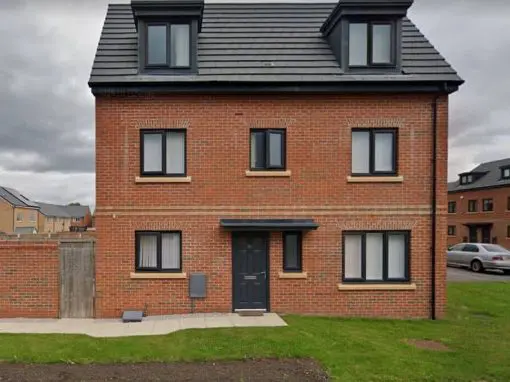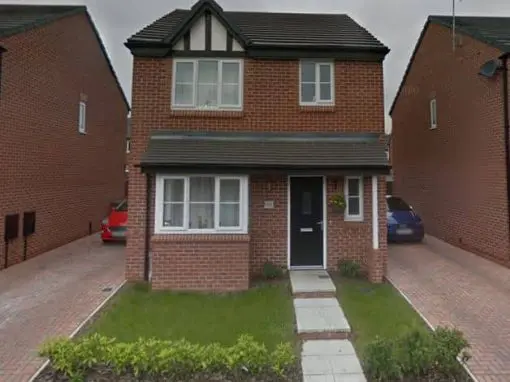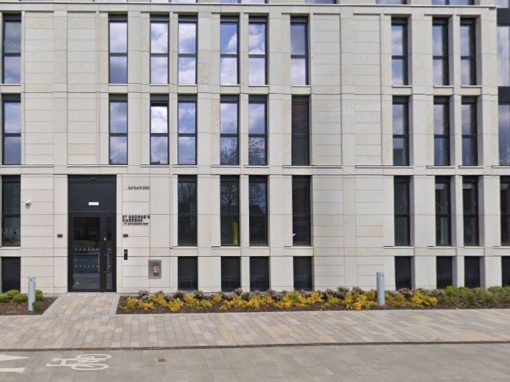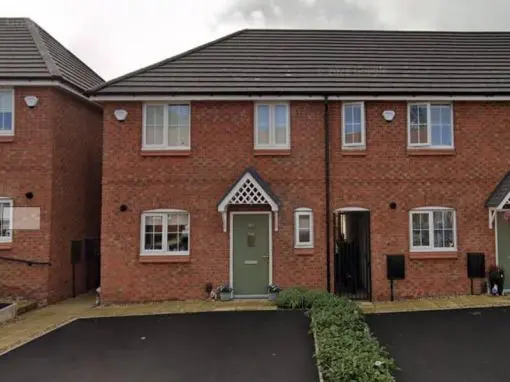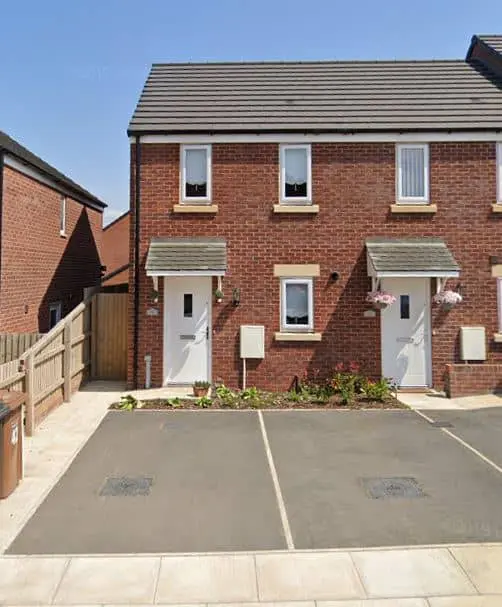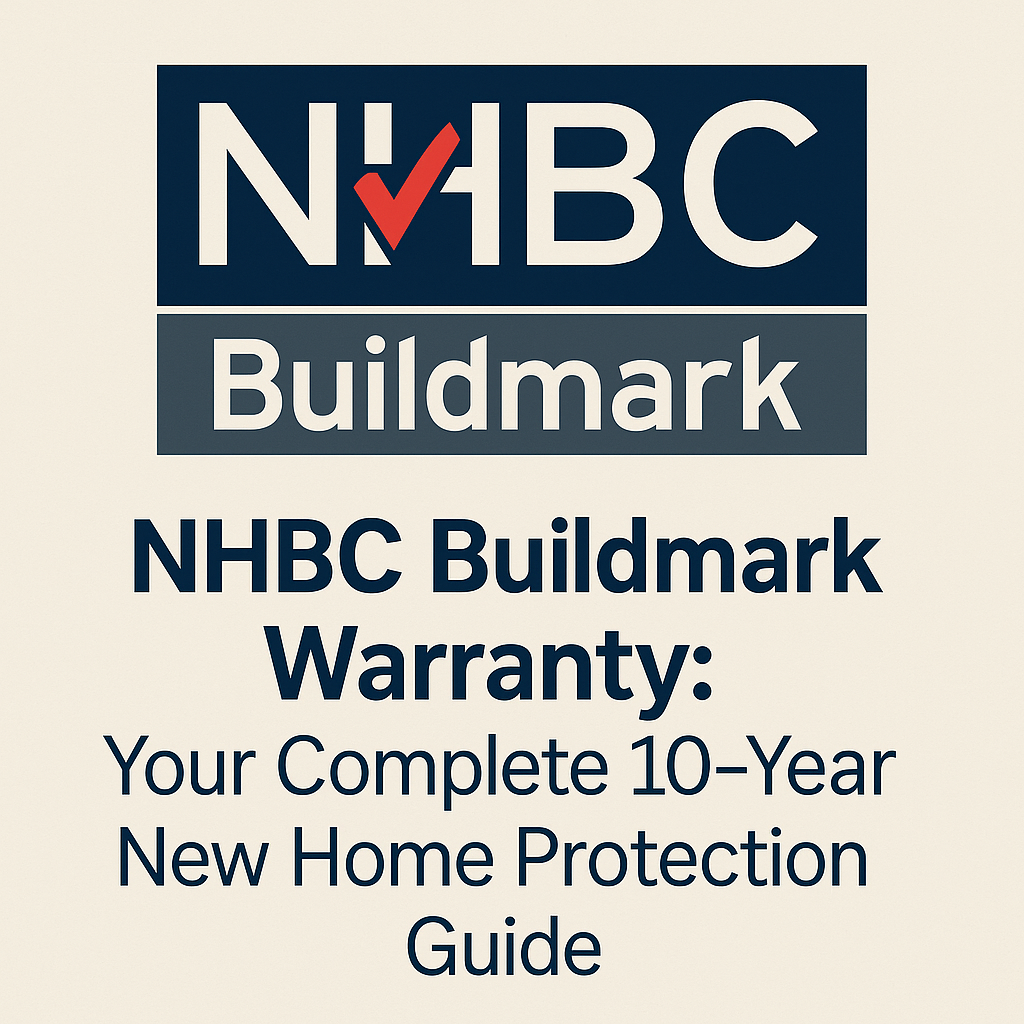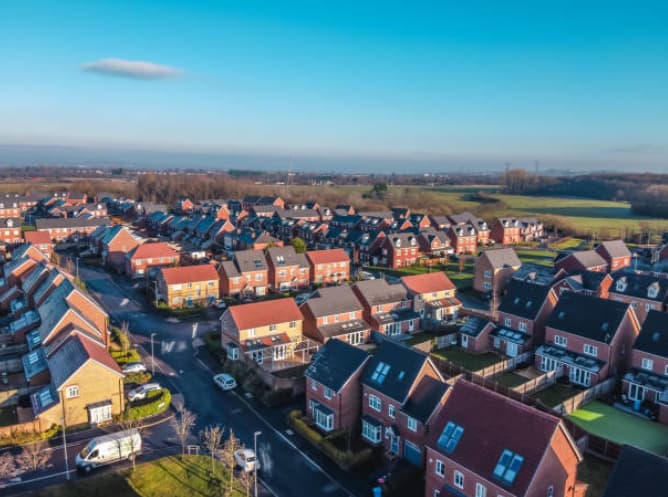What is the New Homes Quality Board or NHQB?
Firstly, if you are wondering who the New Homes Quality Board (NHQB) are, they are a not-for-profit independent body. The NHQB is responsible for a new framework to oversee and monitor the build quality and customer service that is provided by the developers of new build homes. In 2022, the NHQB will launch this new framework called The New Homes Quality Code (NHQC).
The NHQC has been developed over the last 5 years and aims to plug the current gaps in existing consumer codes. This should result in better protection for the purchasers of new build homes.
Although, not mandatory, it is expected that most major Builders and Developers will sign up to this code when it is launched. The new code will ensure homeowners are protected throughout the entire process from viewing, right up to two years after purchasing.
All governments have been supportive of the new code, as they are in line with what has been set out in the Building Safety Bill. The NHQB has held positive discussions with the devolved administrations in Scotland and Wales. This is with a view to rolling out the new code UK wide.

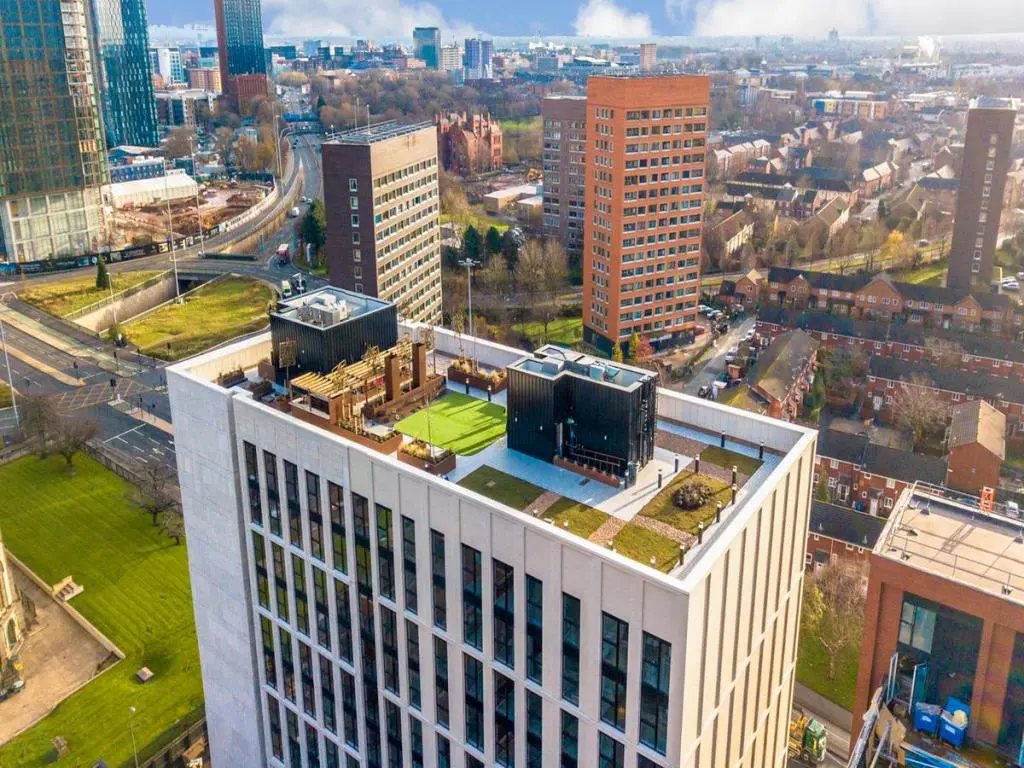
At times, new build owners have been subject to high pressure selling. In some instances, builders/developers have paid customers to move into incomplete homes, usually to hit sales targets. This has resulted in numerous new homeowners moving into homes with incomplete ceilings, missing windows and unlaid gardens.
Deposits given to builders also required more protection. If a builder goes bust or the purchaser has to pull out of the sale, or completion dates move, it can result in loss of any deposit the potential purchaser has paid.
There is a need for full disclosure regarding future service charges and the sales process itself. As this has been a common purchaser complaint. Sales Contracts have not always been transparent, and some have no ‘cooling off’ period. These contracts need to be clearer and more robust.
Addressing the developer’s provision of aftercare. In order they effectively deal with issues such as snagging and other complaints in a timely manner and making sure the customer is aware of where these complaints can be escalated, if they feel the need to do so.
Homeowners currently have to request developers’ permission to have a Pre-Completion Snagging Inspection Report. Developers can and often do, refuse this. This means homeowners can experience issues similar to the ones Sue (a Professional Snagging Company Customer) experienced; lack of aftercare and snagging issues way after property completion. Whereas being able to enlist a professional inspector and have issues being addressed, pre completion, would mean this no longer happens.
- High pressure selling would be prohibited.
- Ensuring the protection of vulnerable customers.
- Protection of any deposit the customer has paid to the builders.
Transparency with regard to the sales process, future management and service charges. This means the customer will have all the facts before making any purchasing decision.
Sales Contracts and Reservation Agreements to be clearly set out as per code requirement. Reservation Agreements to be fairer, to include a cooling off period.
New build homeowners will have the right to have a snagging survey pre-purchase completion. This means a homeowner will no longer have to rely on being able to spot issues themselves. Homeowners will be able to enlist the help of an inspector to inspect their house pre completion. The inspector can then put together a report of any snags they might find. These snags can then be addressed by the builder/developer. This has to be carried out in a timely manner, keeping the purchaser informed and completed before purchase completion.
New homes have to be complete. Thus, preventing developers from paying customers to move into their new home early.

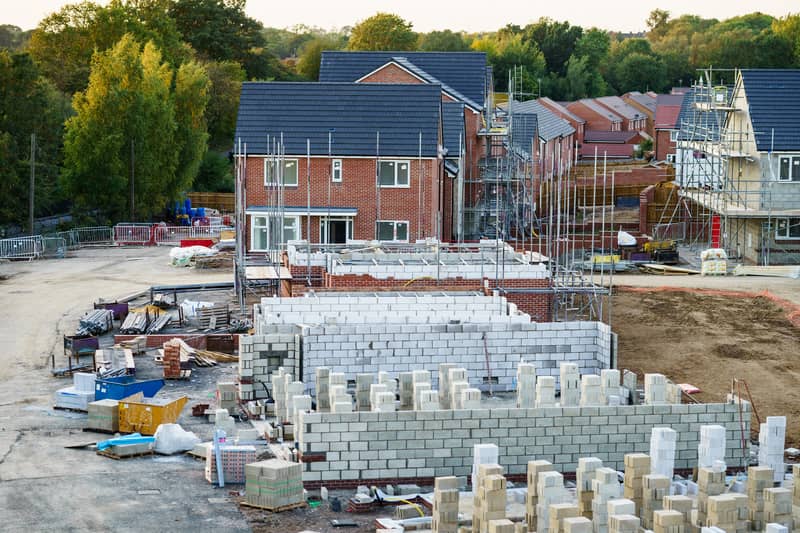
If you are buying a new build this new code should ease your worries, well some of them at least. Buying a new home is very stressful. The last thing a potential purchaser needs is to find out there are issues after completion of the house purchase.
The new code aims to protect vulnerable customers and to stop builders and developers pressurising and paying new homeowners to move into an incomplete house. Homes would have to be complete before new owners move in.
The onus will be on the developer to provide all relevant information with regard to the home during the sales process. This will include future management and service charges. This means that purchasers will be able to make a fully informed decision before purchasing.
The fact that purchasers can enlist a professional snagging inspector, before moving in, should mean no more going back and forth, arguing with builders/developers about what needs to be done, find out more here. The developer would need to resolve the issues before completion of the house sale and the new owners move into the house.
The new code has been received positively by governments and purchasers alike and we should expect the new code to be rolled out UK wide during 2022. You can read about the code and find out more about the NHQB on their website NHQB.

